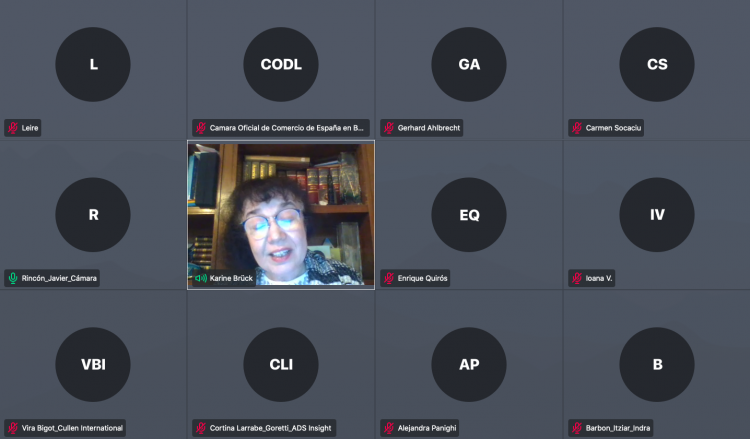On the basis of recommendations from the Group of Experts in charge of the Exit Strategy (GEES), the National Security Council met today, Friday April 24th, to determine the exit strategy from the corona crisis. Hopeful indicators, such as the reduction in the number of daily hospital admissions or the flattening of the mortality curve now make it possible to start phasing out very gradually. But the government stresses that the virus is still present on our territory and remains dangerous.
It is important to emphasize that certain rules remain in force, even as were scaling down the measures. Rules such as:
– Limiting contact with people
– Respecting safe distances
– good hygienic reflexes, also called “barrier gestures
– Use of masks in public areas and public transport for users aged 12 years and over.
– Travel by your own means instead of public transportation and avoid rush hours.
Phasing out strategy
The strict containment measures will certainly remain in place until 3 May. Belgium could then start phasing out the measures, if circumstances permit. All of the following dates are subject to change depending on the health situation and the evolution of the virus.
Working from home is still the standard. For example, if companies cannot meet the physical distancing requirements, they will be able to compensate by following a series of health recommendations, such as wearing a mask.
The rules do not change for shops and the hospitality industry, except for the fabric shops, which – given their important role in the production of mouth masks – are allowed to open their doors.
Working groups are already studying how to respond to the need to continue to provide the best care to people infected with covid-19 while gradually and safely expanding access to general and specialised health care. The aim is to ensure that everyone regains ‘normal’ access to healthcare as soon as possible and that the medical infrastructure needed to care for people suffering from the virus is not overburdened.
Physical activity in the open air is allowed with a maximum of two people in addition to those living under the same roof, provided that physical distance is always respected.
It will also be allowed to practice other non-contact sports in the open air. But access to changing rooms, communal showers and cafeterias is still forbidden.
This phase allows all shops to reopen at the same time – without discrimination on the basis of size or industry – in order to give everyone the same chance of success. This will of course be subject to conditions. These will be determined in consultation with the industries and the social partners.
There are three types of conditions, relating to: work organization, welcoming in clients and restricting access to shops to avoid hustle and bustle.
Carrying out so-called contact professions (such as hairdressing, for example) is not permitted at this stage.
Future of sports competitions will be also clarified in the short term.
The government look at whether and under what conditions so-called contact professions can be resumed, again under certain conditions.
The opening of the museums can also be considered during phase two, also under certain conditions, for example through a ticketing system.
Team sports will be possible in the open air, but only in a club setting and subject to certain conditions.
Lessons will very gradually resume from the 18th of May. Not all pupils/students will be able to go back to school immediately. Each Community will be responsible for implementing this decision on its own territory, in consultation with the education sector.
Also, certain possibilities will be examined, such as:
– the ability to hold private meetings at home
– the ability to permit more people at weddings and funerals.
– allowing more than two people to be active outdoors together
– the possibility to organize day trips to certain regions of the country.
- Phase 3 (8 June at the earliest)
Multiple points will be examined:
– How to organize the possible and gradual reopening of restaurants and, at a later stage, cafes, bars and the like. This will in any case have to be done under strict conditions.
– Various summer activities such as trips abroad, youth movement camps (to be decided at the end of May), internships, tourist attractions but also smaller open-air events. The only certainty is that mass events such as festivals are not allowed before 31 August.
Source: Belgian.be


